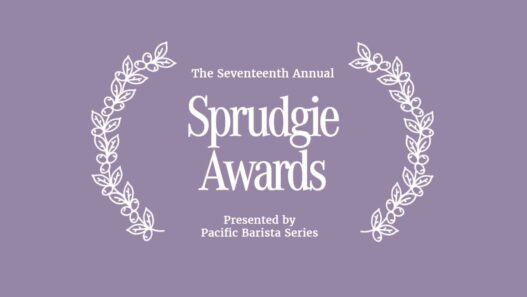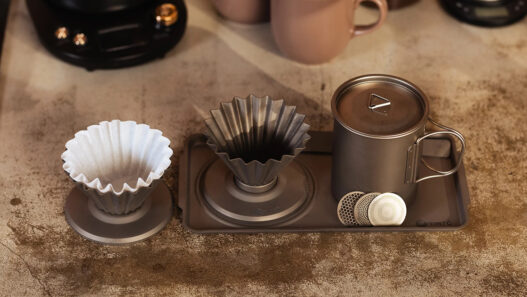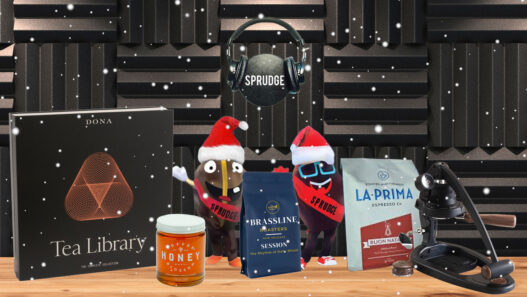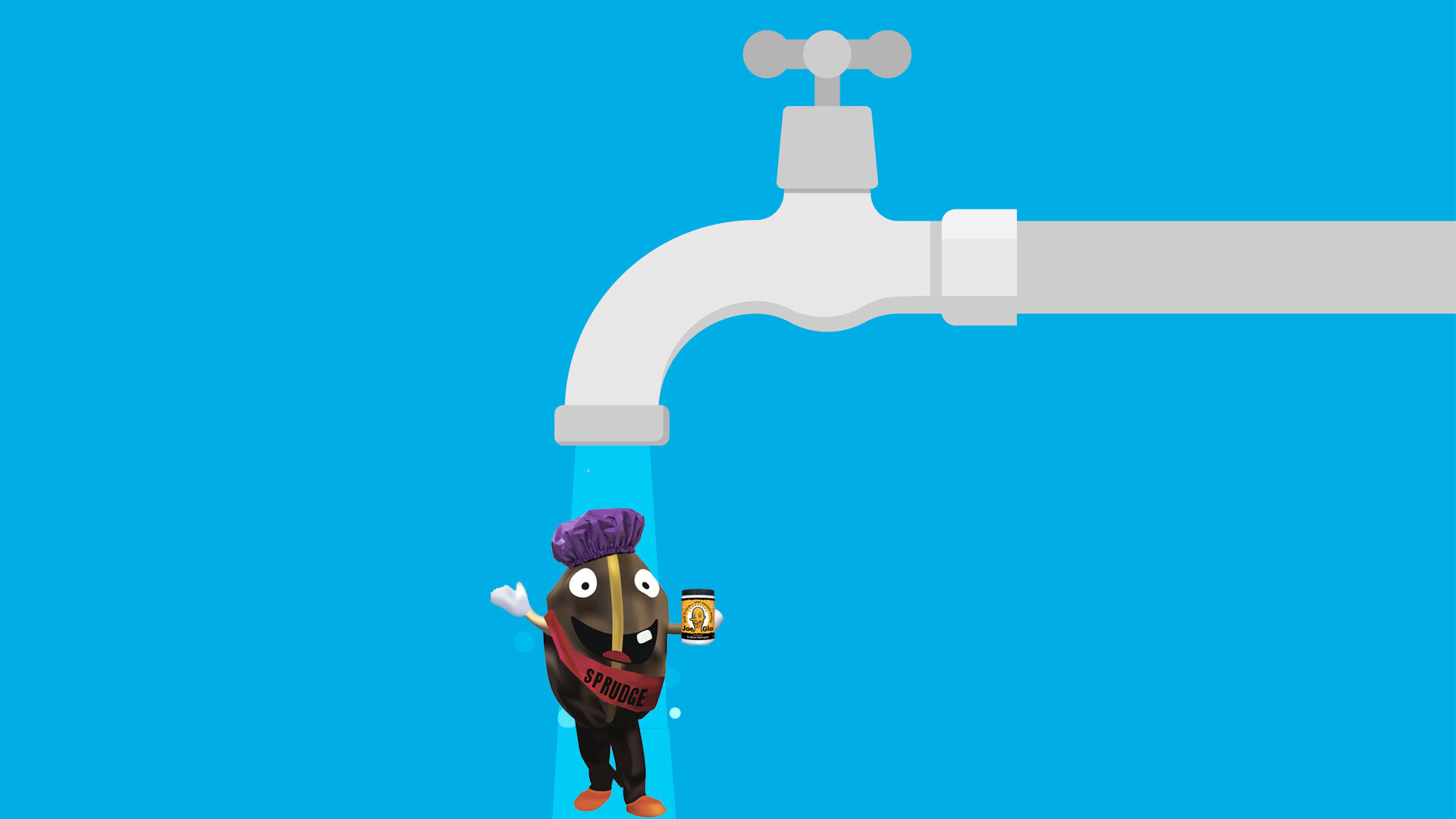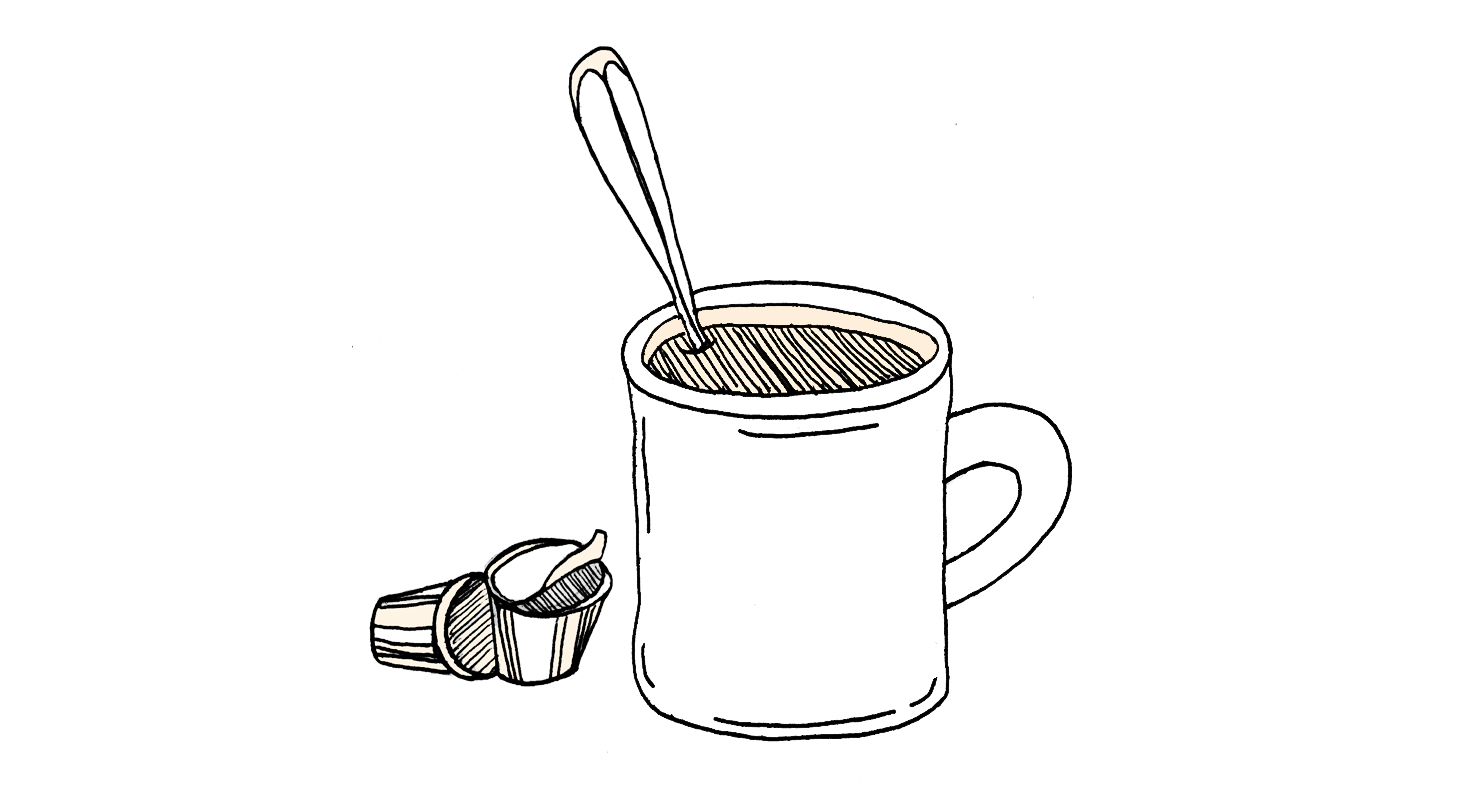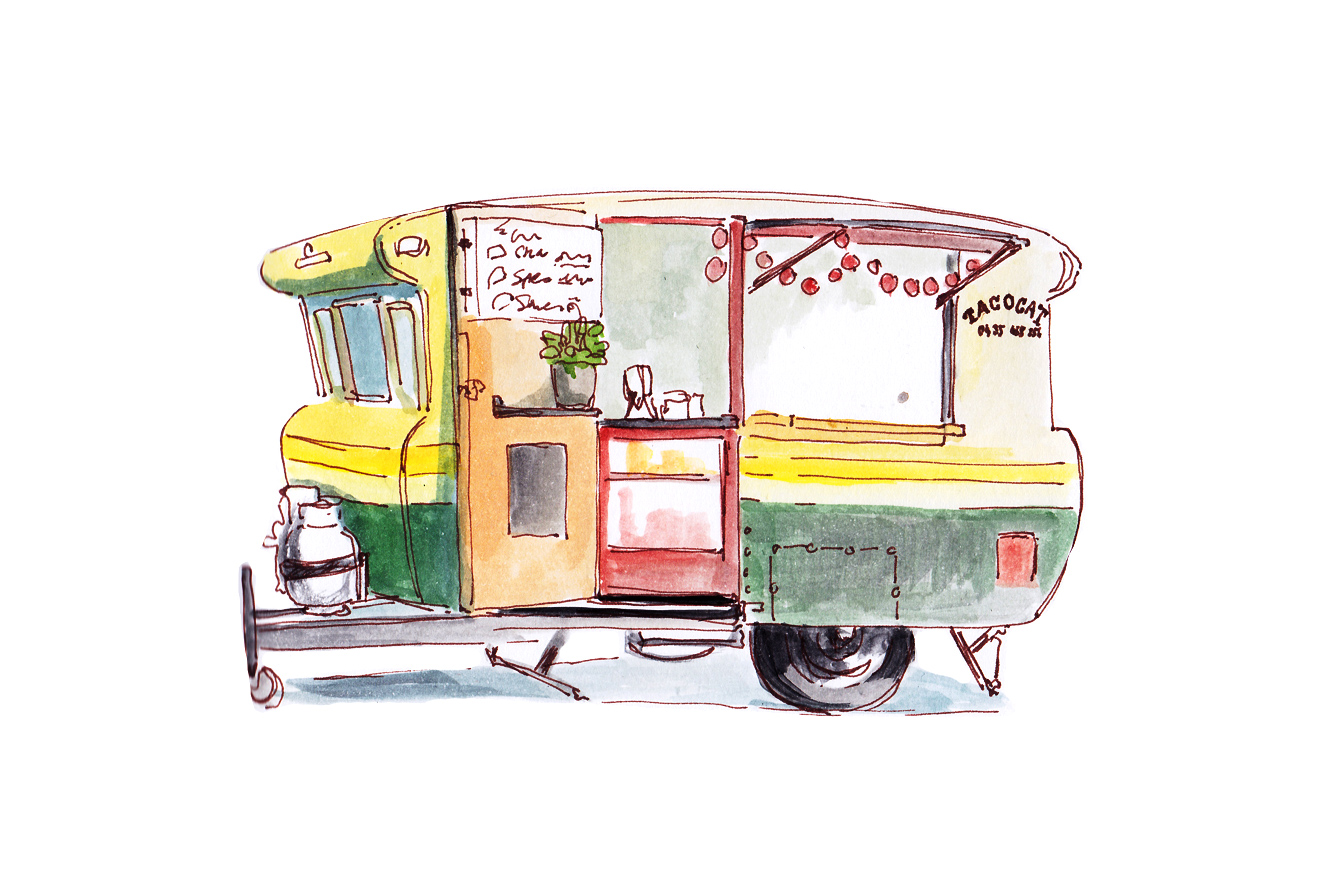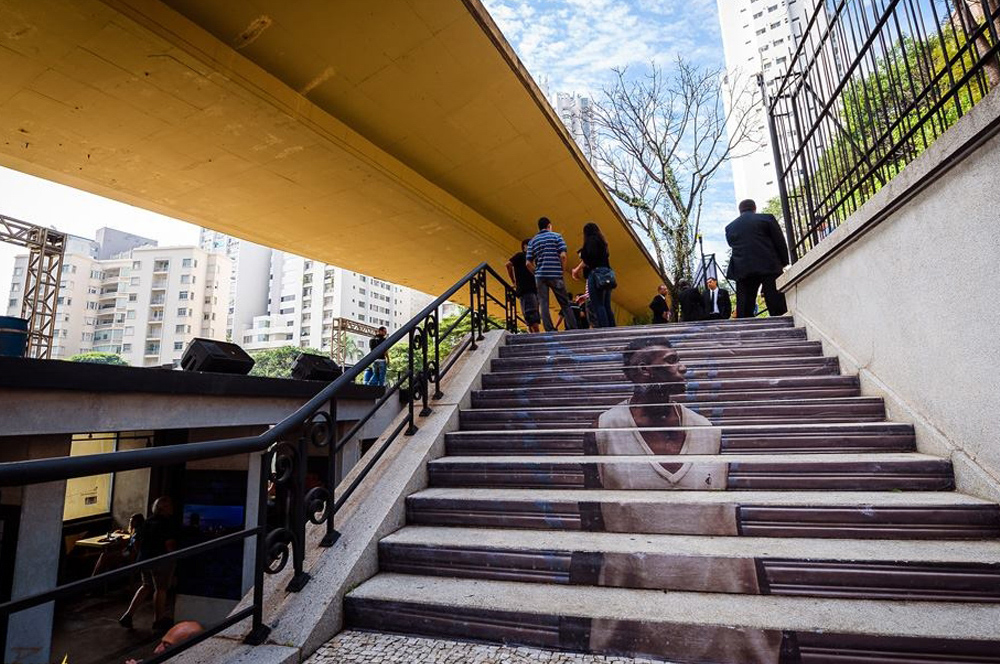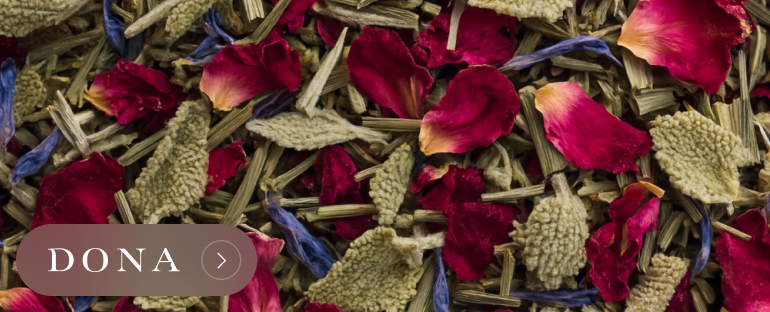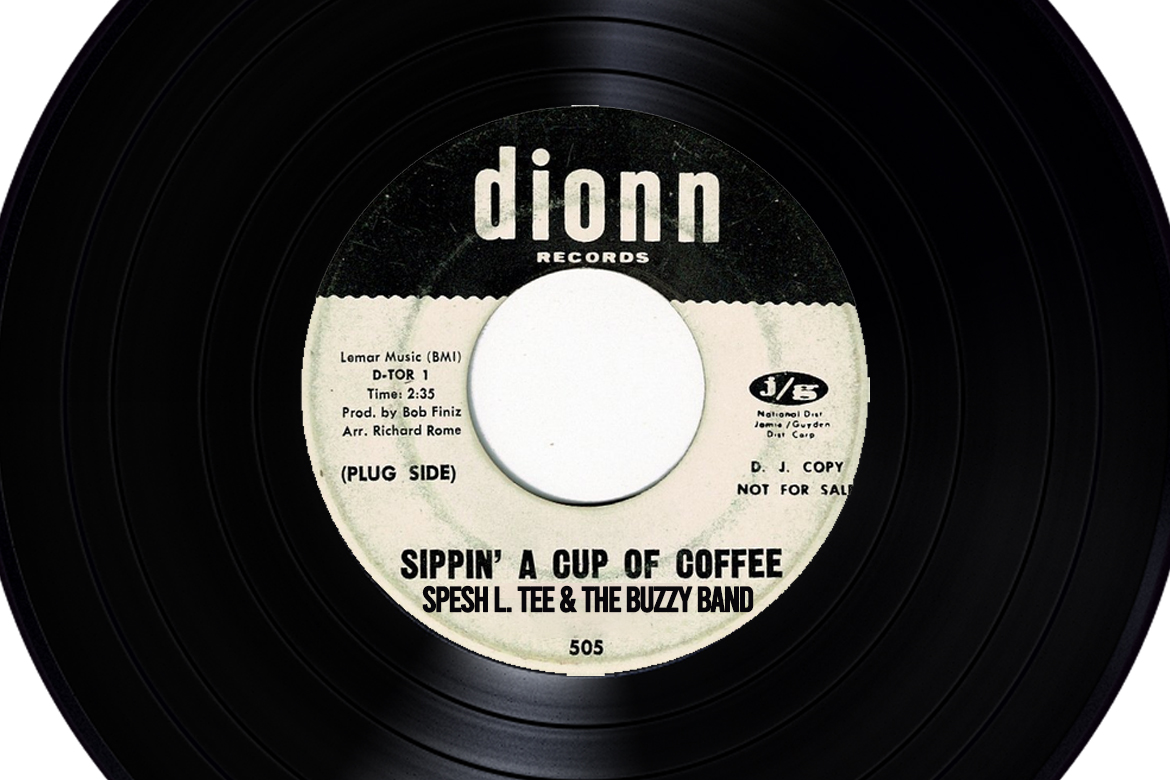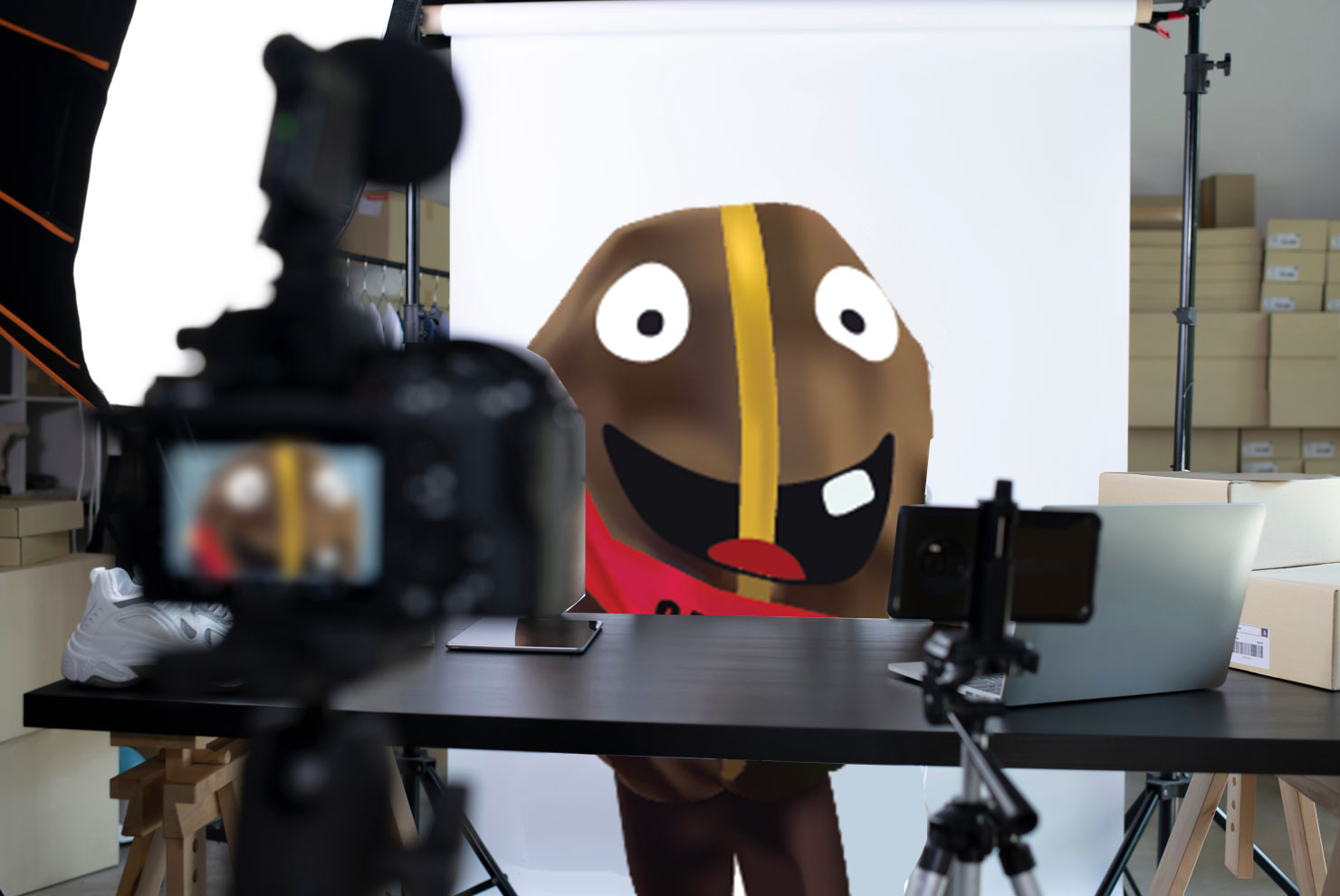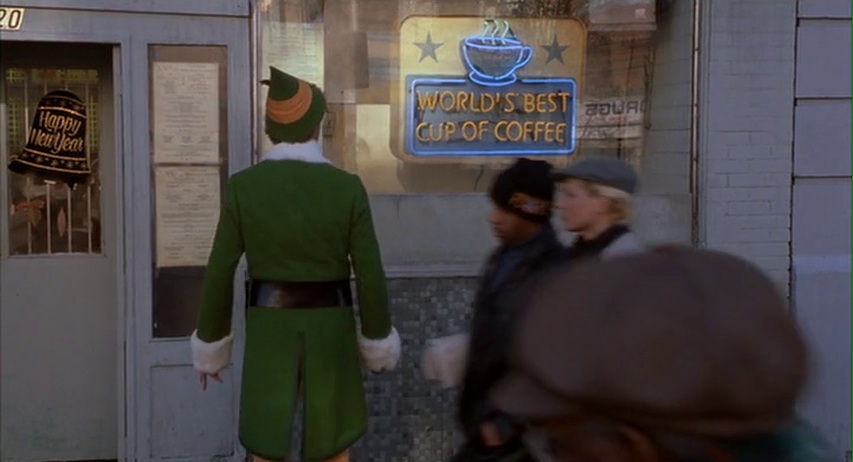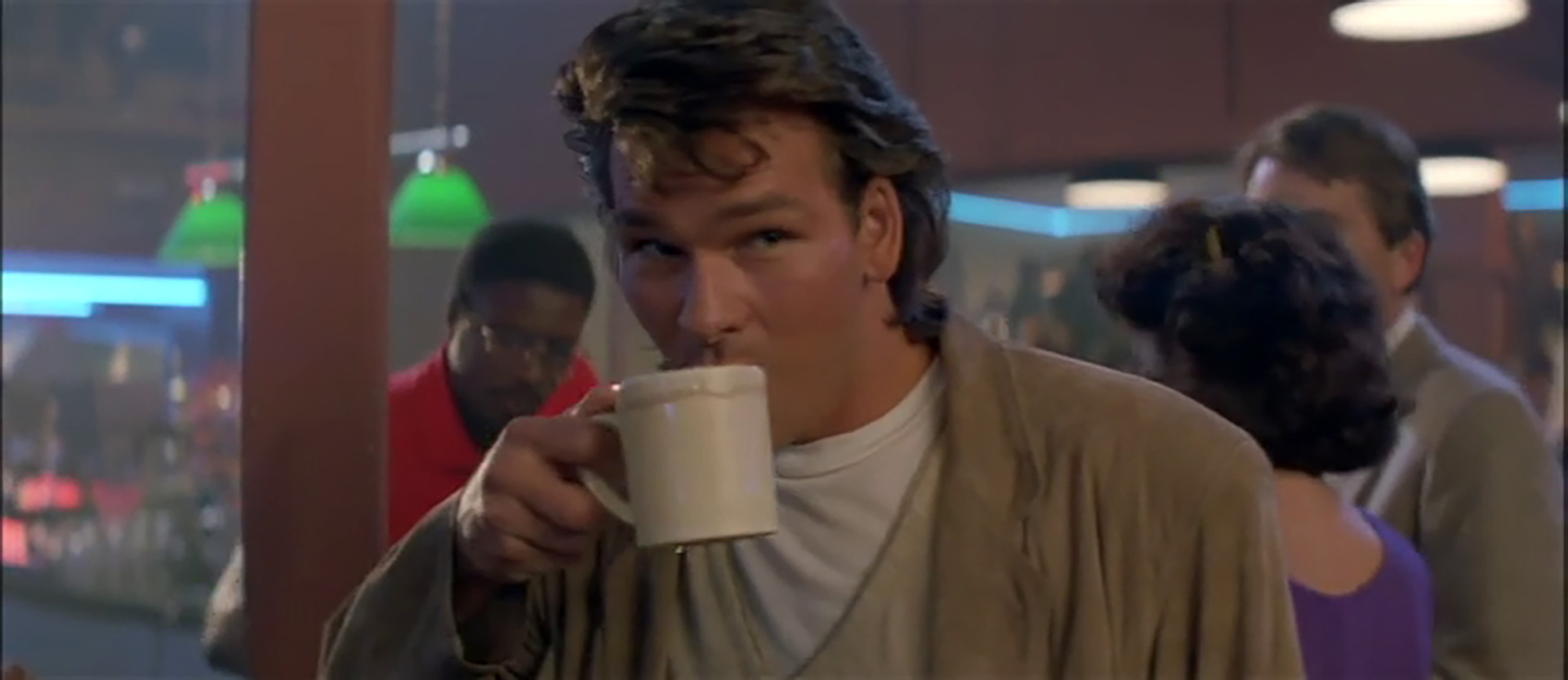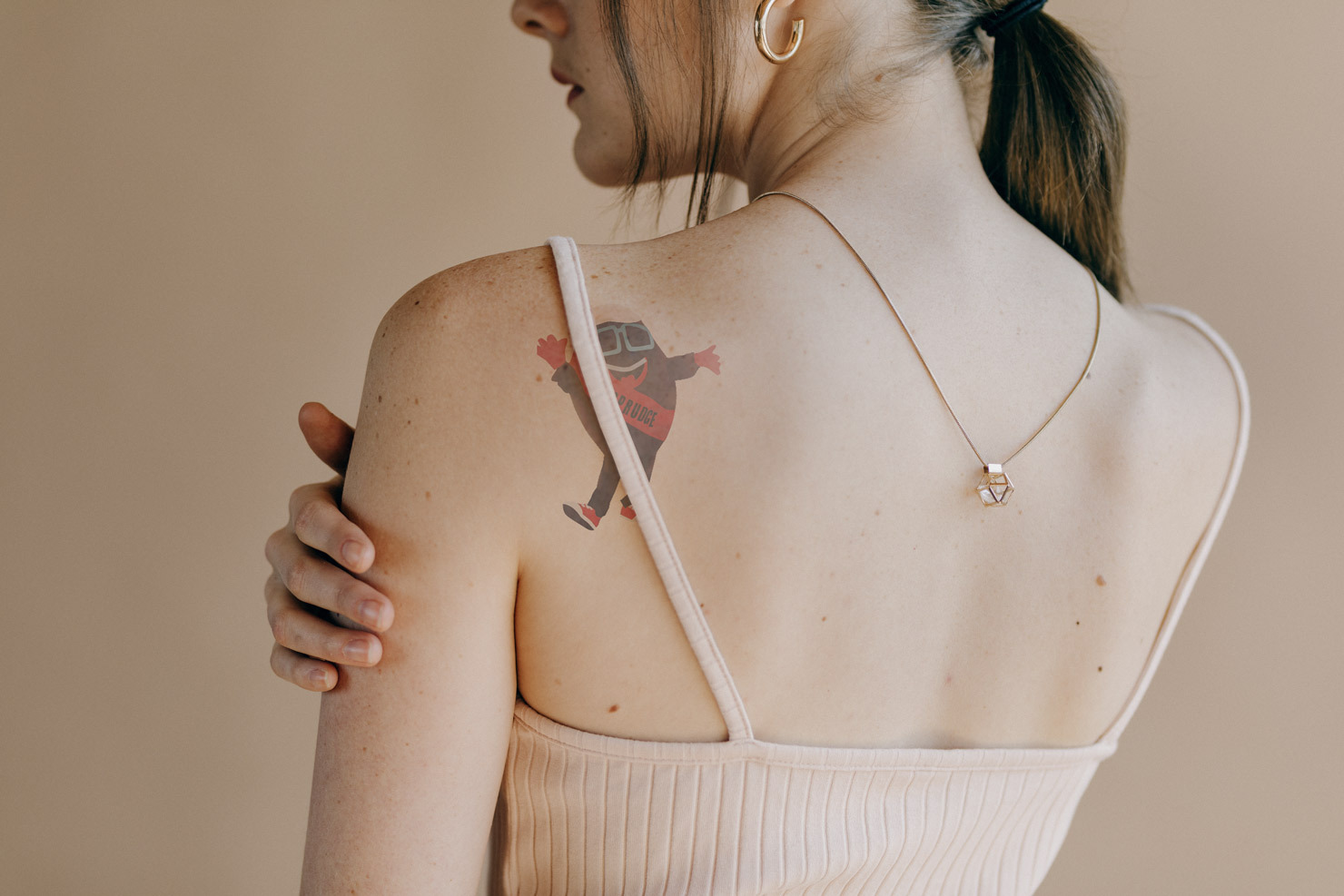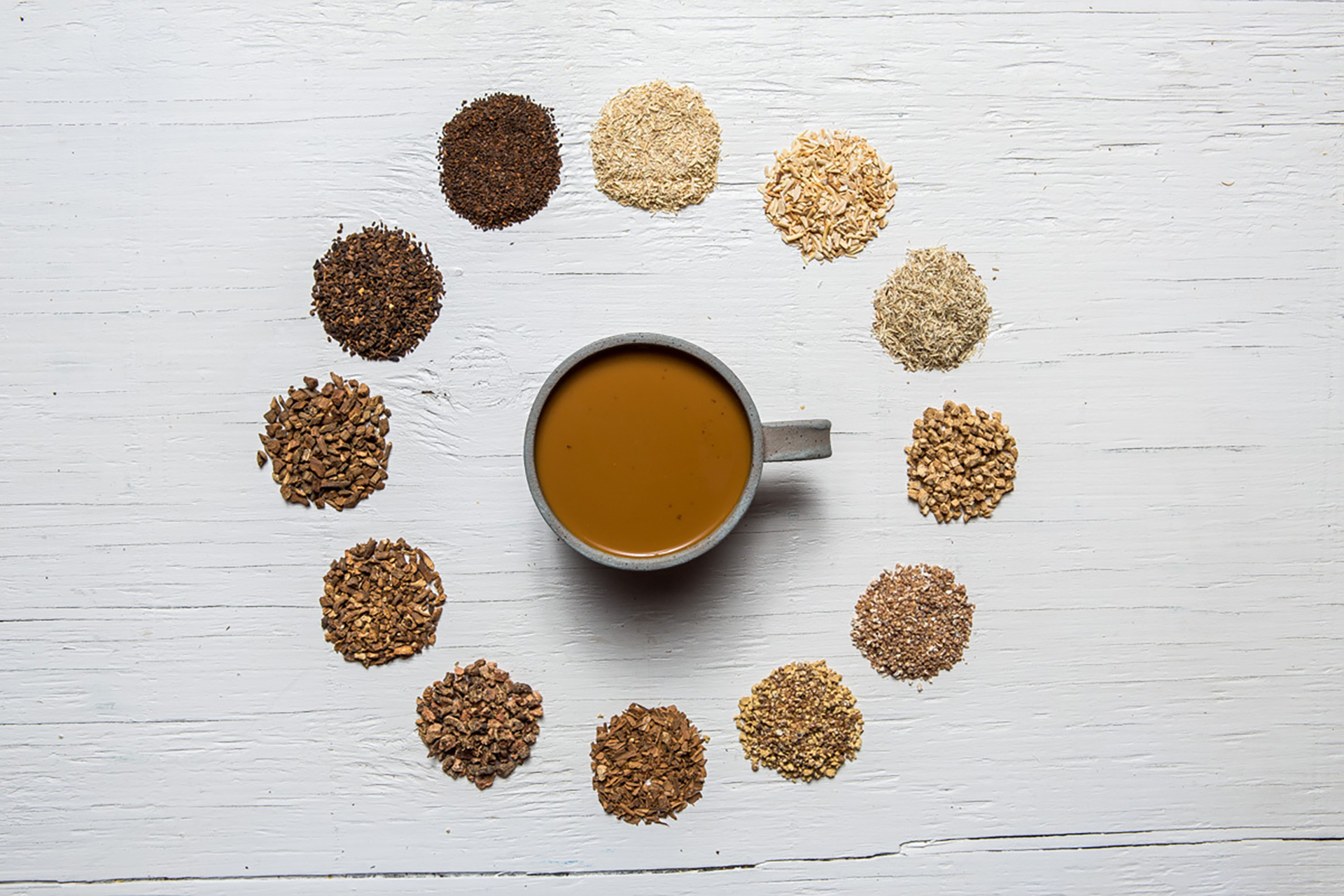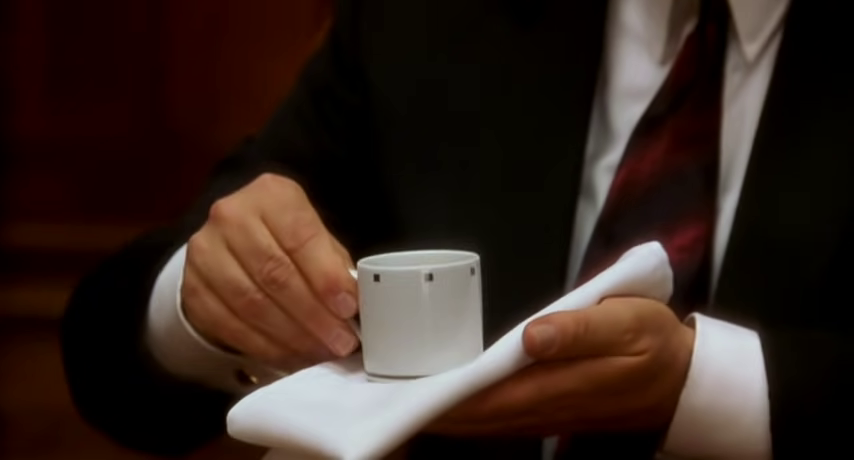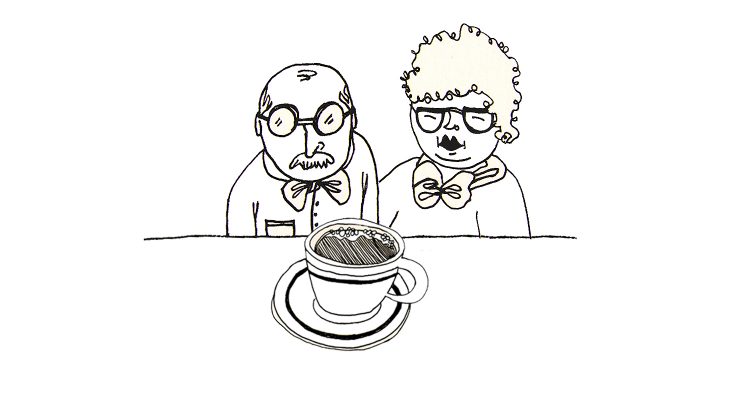
When I was 18 and had just started working at the newest Third Wave cafe in Edmonton, a woman came in and asked for a large black coffee. Innocently, I explained that I could make her an americano or a Clover (a kind of automated reverse French press, prepared by the cup and now owned by Starbucks). I added that the espresso we were pulling that day was from a small farm in Costa Rica, and that the best offering on Clover was the Kenyan, which tasted like fuzzy peaches. She said she didn’t go in for fancy coffee. She was a cowboy coffee girl: “Tastes like a campfire with a bit of grit in the bottom. Makes your hair stand up.”
I don’t remember how I responded to her announcement, but this woman’s preference for bitter, muddy coffee is not uncommon. As a barista working in progressive cafes, I’ve offended countless customers by being unable to provide them with what some might call “regular coffee”: the stuff of diners and cowboys, truck-stops and gas stations, instant and dark roasted and perhaps dwelling in your favorite church basement.
I’m curious about the widespread affection our society has for a regular no-fuss cup of joe. With apologies and a warm heart for those who adore the stuff, I’ve started to ask why, exactly, people like bad coffee so much. To find out I interviewed dozens of Edmontonians of various backgrounds about their deep abiding love of bad coffee, and learned some not-so-bad things in the process.
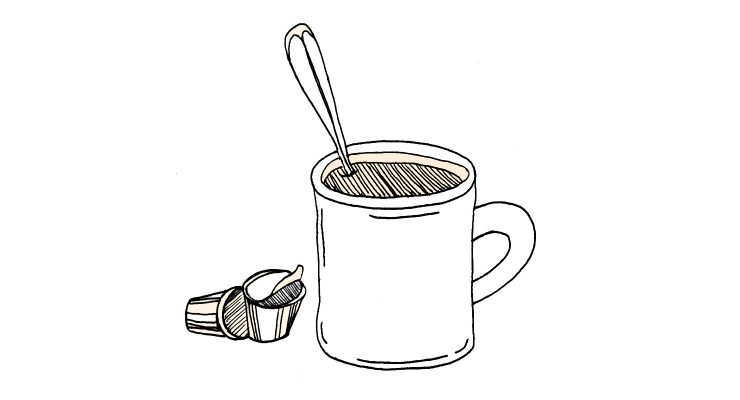
Here in blue collar Alberta, answers boil down to the necessity of consuming caffeine, and the need to support this habit affordably. Clayton, a bartender, digresses frankly: “I love good coffee and I also kind of like bad coffee. When you know it’s shit coffee but you need a coffee and you don’t give a fuck and you have no expectations about it, it’s the best. A large coffee for $1.90? I can see why it would be hard to convince people how they should throw on a flannel shirt and pop down to the coffee shop to spend $5 on a small coffee.”
Asking someone about their relationship with coffee is often a short route to uncovering a certain pride in maintaining working-class sensibilities, especially in the face of perceived gentrification. In the words of Stewart, an industrial radiographer, “I need a place to get it at midnight on a dangerous goods route. I don’t see why I should suffer low caffeine levels just because the hipsters don’t work past 8 p.m..”
And people are quick to recognize the implications of drinking a certain kind of coffee. I ask Dylan, an independent filmmaker, about diner coffee. What about a world in which diner coffee is still perpetually refilled by waitresses who call you “hon,” but tastes better?
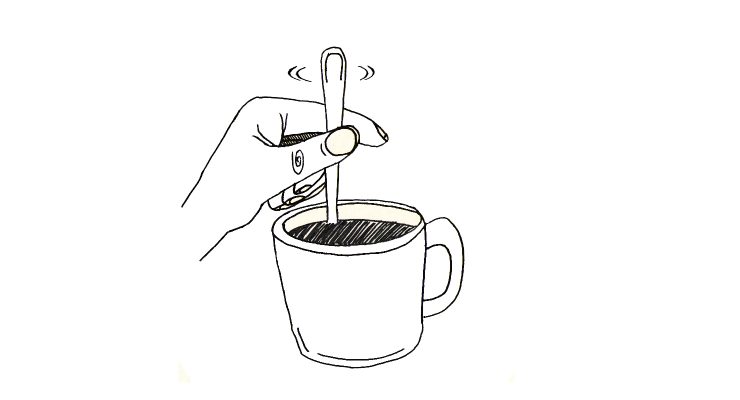
“It would be untenable, because if it tasted better it would be more expensive, right?”
Paradoxically, the lower caffeine content of Second Wave and grocery store coffee is just another reason for people to love it. In the words of Keisha, a communications specialist here in Edmonton, “I associate the buzz I get from good coffee with productivity, answering e-mails at cafes at a zillion miles a minute. The same buzz, though, can also tip me over into the land of anxiety. So, I prefer dark roasts at home, where comfort is key.”
The light roasts so beloved by the new generation of artisan roasters not only result in higher caffeine content, but higher acidity levels as well, which perhaps do not always produce a reviving, solacing effect. Our filmmaker friend Dylan muses, “I think there’s an element, too, where bad coffee goes well with comfort food; it’s just something hot and bitter, a flavor combination thing.”
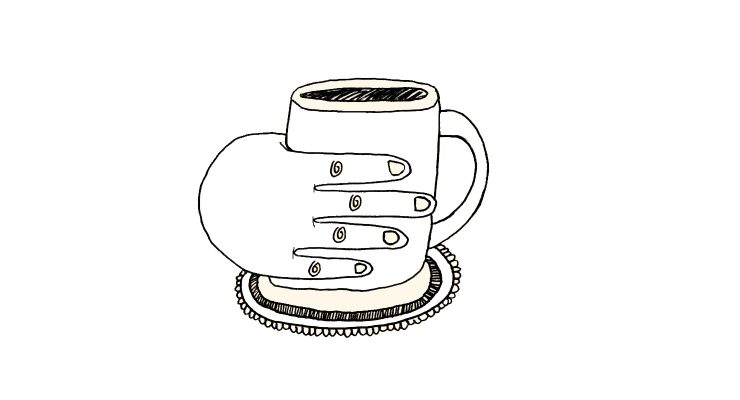
The pleasure of nostalgia and simplicity also factors in. Maggie, an administrator for a not-for-profit organization, says, “I’ve got some serious love for bottomless church/banquet/reception coffee. Something about it seems to lubricate the most delightful long conversations where stragglers just sit and nurse those tiny cups long after they would have otherwise dispersed.” Contexts in which coffee (much like booze) is a means to an end, rather than an end in itself, tend to be contexts in which people feel welcome and connected, and also contexts in which they feel free to concentrate on developing relationships.
Tobin, a student, remembers: “I used to work in a tiny restaurant where the owner made only one pot of coffee a day. If the coffee was cold, I would heat it up in the microwave. Not many people ordered coffee but the people who did really liked it.” In these situations, the recognized “badness” of the coffee may be part of its appeal, at least as a source of commiseration. To Amanda, a barista, “bad coffee makes me think of my grandparents’ house, where they served First Wave (Folgers, I think) coffee with cream and honey, which feels kind of romantic to me.”
Kyla, a server, notes that for the Sunday coffee klatch her grandma throws each weekend in the Alberta countryside, here’s an implicit social agreement that the coffee is not what’s important. “They just have instant coffee, or like the drip. It’s company you have for sure, but also: why fix something that ain’t broke? They don’t need a Chemex to make the coffee experience.” For people like Kyla, who associate “bad” coffee with an older generation, drinking instant or drip coffee recalls a time where the range of choice in coffee was not endless and people drank whatever was available. For anyone accustomed to the infinite mutability of a Starbucks order, there’s a legitimately enjoyable, almost sheepish relief in not having to choose.
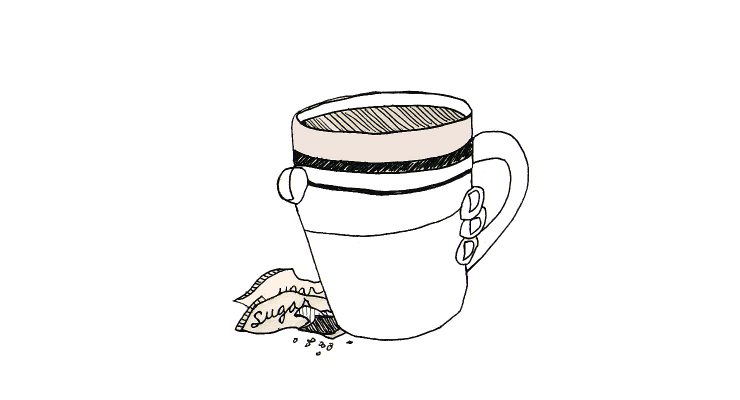
It’s interesting that coffee has become so strongly associated with a moral choice. Amelia, a former barista, says, “I’m totally willing to talk to you about my instant Maxwell House French Vanilla cappuccino mix despite having been trained at Transcend. By the sounds of it you could do a whole article on barista “bad coffee” guilty pleasures.” But why should anyone feel guilty?
On one hand, many people view “regular coffee” as morally superior. In Amanda’s words, “I am very concerned with authenticity over pretension, and I think lots of people still see “bad” coffee as the real thing, and Third Wave as pretentious and not necessarily better.” People who like “bad” coffee often seem to do so in retaliation to the expense, gentrification, or snobbery of liking “good” coffee. However, other people, citing issues such as direct trade, coffee education, and environmental sustainability, are adamant that “good” coffee is more ethical. Amanda continues, “I love Third Wave coffee, and I love the ethics behind the coffee I serve, but I understand that there are people who I’ll never convince to drink it.”
It has even been argued that the more-complex flavors, precise extraction methods, and tailored roast profiles of Third Wave coffee constitute a universally superior choice—to such an extent that in many cafes, diluting the purity of their coffee with milk (or cream or sugar or honey) is considered a cardinal sin.
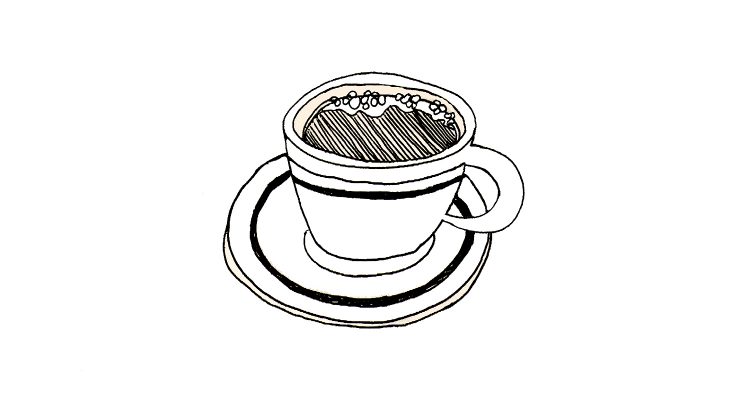
Perhaps it’s a mistake to make this kind of value judgement. Have I been asking the wrong question? If coffee is an experience comprised of many aspects, these aspects must be weighed against each other. Even for a person who does prefer the taste of a clear, peachy Kenyan coffee over a smoky dark roast, questions of price, availability, nostalgic associations, context, and company may trump any question of taste. It seems that an affinity for “bad” coffee sometimes translates into a commitment to improved functionality, relationships, and overall pleasure—all things we love to claim for coffee culture, and all things that people routinely sacrifice in favour of insisting on a natural process, single-origin Clover.
For the record, I love good coffee. Sometimes that means an espresso pulled by a provincial barista champion, but sometimes it means an unmeasured, overbrewed French press to fuel my and my partner’s attempts to solve world peace over breakfast.
Lizzie Derksen is a writer, zine publisher, and coffee professional living in Edmonton, Alberta. Read more Lizzie Derksen on Sprudge.
Illustrations by Portland artist Michelle Erickson for Sprudge.




